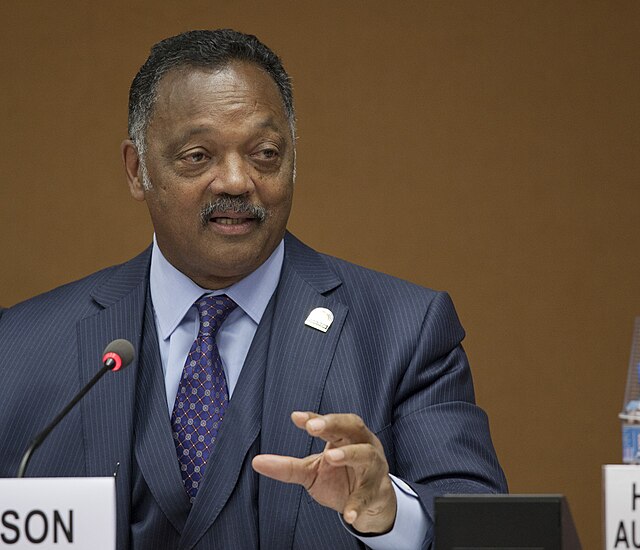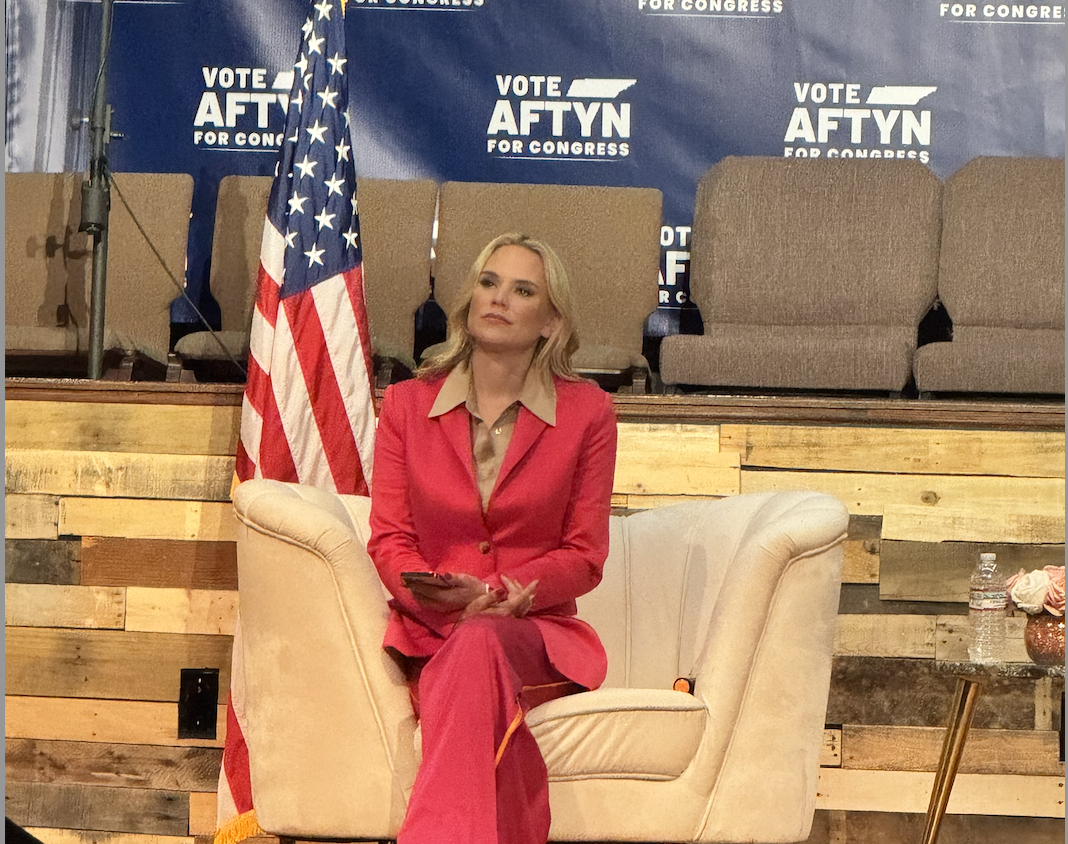By Kate Sullivan and Ryan Browne | CNN
Chairman of the Joint Chiefs of Staff Gen. Joseph Dunford said Monday that the US military will not be “involved in the actual mission of denying people entry to the United States.”
When asked about the border mission for active-duty troops, Dunford said the military will not be coming into contact with migrants traveling toward the border.
“There is no plan for US military forces to be involved in the actual mission of denying people entry to the United States,” Dunford said, speaking at an event at Duke University in Durham, North Carolina. “There is no plan for soldiers to come in contact with immigrants or to reinforce Department of Homeland Security as they’re conducting their mission.
Just before the midterm elections, President Donald Trump ordered thousands of troops to the southern border to guard against what he has called an “invasion” by a group of migrants heading north through Mexico to the United States.
Despite Trump’s unsubstantiated claim that the group of Central American migrants includes “gang members and some very bad people,” most of the migrants reportedly plan to apply for asylum once they arrive at the border, following legal procedures
Dunford said the DHS requested logistical support, “so you’ll see some soldiers down there right now that are putting up concertina wire and reinforcing the points of entry,” and that the military is providing “both trucks and helicopter support and then also some medical support.”
Pentagon spokesman Col. Rob Manning said Monday, “There
“DoD anticipates more than 7,000 active-duty troops will be supporting DHS soon,” Manning said. The breakdown of personnel includes “1,100 in California, 1,100 in (Arizona) and 2,600 in Texas,” according to Manning
In response to criticism of himself and Secretary of Defense Jim Mattis, who signed off on the request for assistance, Dunford said the President gave them a legal order and it is not his job to “assess the appropriateness of the mission.
“The President gave us a legal order: Support the Department of Homeland Security,” Dunford said.
“It’s not my job to assess the appropriateness of the mission,” Dunford said. “It’s my job to accept the legality of the mission and, again, the capability of our forces to perform that mission. So others outside the ring can make a subjective assessment as to what … we’re doing but I’m not going to comment on that.”
As a military leader, Dunford said, the questions he asks are: Is the order legal, is the order unambiguous and do the troops have the capability to perform the task. “And the answer is yes in all three cases,” he said
Trump’s decision to deploy active-duty US troops and the earlier deployment of National Guard forces to the southern border could cost between $200 million and $300 million, according to an independent analysis and Department of Defense figures on guard deployments.
Asked about criticism of the decision by his predecessor and other retired senior officers, Dunford said, “To be honest with you, I wish they wouldn’t do that, but they certainly can do that if they want to.”
Retired Gen. Martin Dempsey, who served as the chairman of the Joint Chiefs of Staff from 2011 to 2015, tweeted Friday that “our men and women in uniform are better trained, better equipped, and better led so they meet any threat with confidence. A wasteful deployment of over-stretched soldiers and Marines would be made much worse if they use force disproportional to the threat they face. They won’t.”









